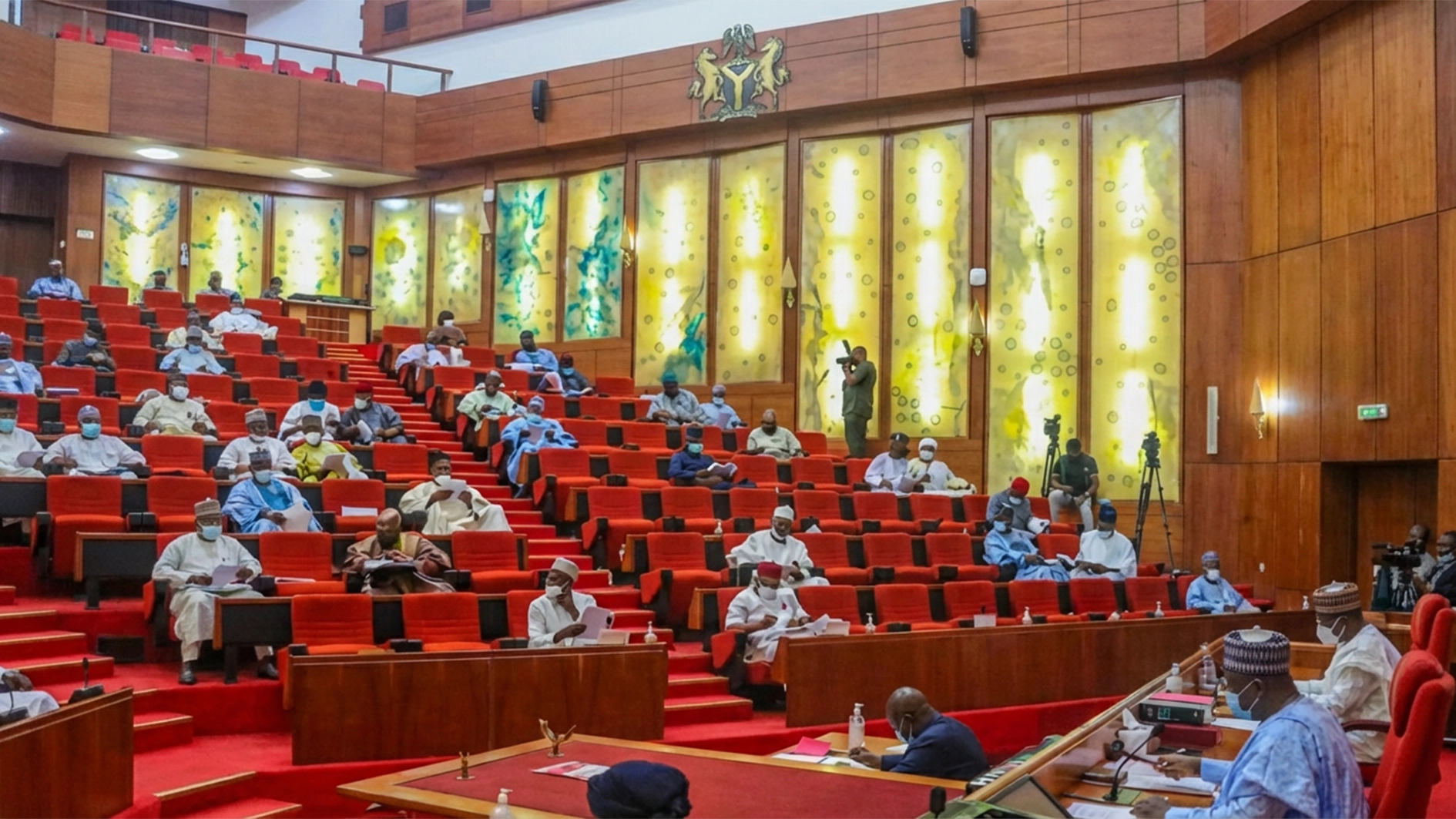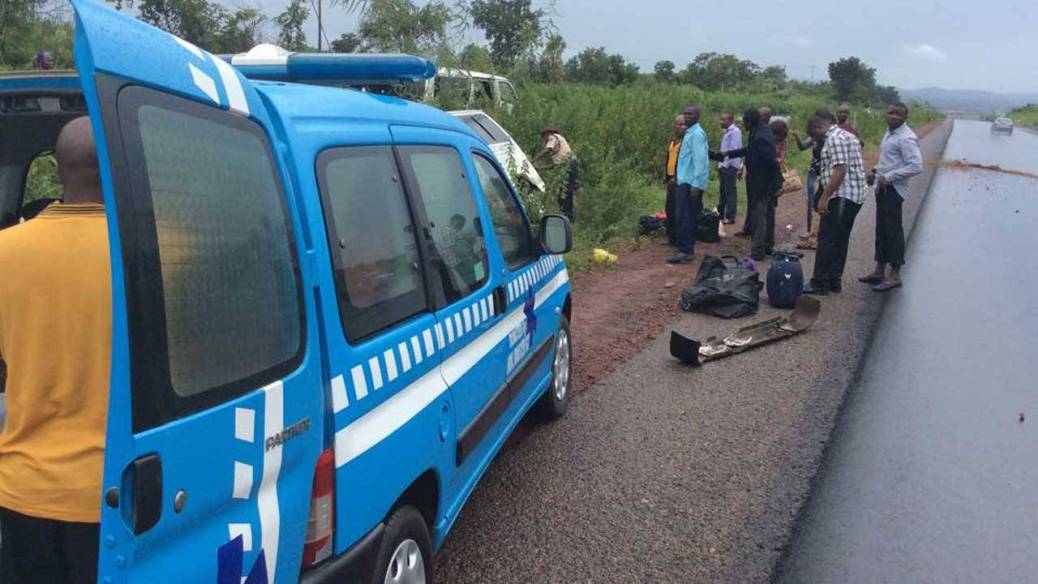Over the past years, Nigerian governors, in many of their meetings both at the national and regional levels, have expressed unambiguous interest in the establishment of state police. At every available opportunity, they echo the sentiment that the current centralised policing model is inadequate, inefficient, and incompatible with the multifaceted security challenges being confronted in their territories.
These calls date back to February 23, 2018, at the National Governors’ Forum (NGF) in Abuja, where the governors officially endorsed state police creation and requested constitutional amendments to enable states to establish and control policing structures. In August 2022, again in Abuja, the NGF urged the then President, Buhari, to work with the National Assembly to provide constitutional backing for state police creation.
Even at the governors’ regional fora, the ethos has been in favour of creating state police, even louder than the NGF’s demand. May 11, 2021, at Asaba, Delta State, at the Southern Governors’ Forum, all 17 southern governors unanimously rooted for state police creation, citing the inability of the centralised police to effectively secure local communities.
At their two other fora in the same year, on July 5, 2021 in Lagos, and September 16, 2021 in Enugu, the calls were again reverberated with the added demand for the National Assembly to fast-track the constitutional amendments to allow state policing.
At the Northern Governors’ Forum of September 9, 2019 in Kaduna, some northern state governors expressly supported the creation of state police under a strict federal regulatory framework.
Recently, the NGF, in March 2024 at an Abuja meeting under the chairmanship of AbdulRahman AbdulRazaq, saw all the state governors without exception renew calls for state police establishment, noting that the security situation of the country has overstretched the federal police capacity and that state police would enjoy the advantage of local intelligence.
Just recently, on Saturday, May 10, 2025, in Kaduna, the Northern States Governors’ Forum (NSGF) renewed its endorsement of the establishment of state police at a joint meeting with the Northern States Traditional Rulers’ Council and called on the National Assembly to fast-track the necessary legal framework.
From the above, it is clear that there have been consistent calls, both at the NGF and the regional fora of the governors, for the establishment of state police since 2018 to date. Also, all the fora, both at the NGF and regional levels, link the impediments to constitutional constraints.
It is also noted from the above that in the past six to seven years, the governors have not moved beyond emphasising the need for its establishment and citing constitutional bottlenecks for its creation.
In my candid opinion, the governors ought to have moved from mere declarations of interest to evolving a strategic roadmap to facilitate and fast-track state police creation that would clearly demonstrate to all that the governors are serious about their calls.
Let me at this point suggest to the governors a possible path to navigate in seeing the creation of state police to fruition. First, the NGF should immediately develop a comprehensive, non-partisan white paper that succinctly articulates the constitutional, operational, and financial framework for state police establishment in Nigeria. The paper should be submitted to the Presidency and National Assembly as the position paper of the NGF on state police establishment.
After this, all the governors should mobilise and drive their respective state assemblies to pass enabling motions or bills for the creation of state police in readiness for the anticipated constitutional amendments in that direction.
This exercise should entail the guidelines for the creation of proposed State Police Service Commissions and the drafting of critical state police laws. The guidelines for the creation of State Police Service Commissions should embody some basic fundamentals across the states while allowing for certain differences based on the educational, social, and economic realities of each state. Efforts in this direction will send a strong signal to the Presidency and National Assembly that the states are institutionally prepared for state police establishment.
To reinforce the above, the NGF should organise a national summit on state police creation in Nigeria, inviting key figures in the political environment, such as elder statesmen and stateswomen, national influencers, CSOs, former and current political leaders and gladiators across the regions, the Presidency, and members of the National Assembly.
The governors should engage international partners in hosting the summit to give it an international colouration, strengthen its integrity, and underscore the seriousness of the governors.
The governors should demand that state police establishment is included as a standing agenda item in National Security Council meetings, where the Chairman of the NGF can update the Council on the preparedness of the states and re-echo the urgent need for constitutional amendments, and, possibly, the Council can provide a timeline for the constitutional amendments and establishment of state policing.
At the National Security Council meeting, the governors should humbly request Mr President to address the nation on the need to establish state police and the need for the states, the National Assembly, the Presidency, and other relevant stakeholders to ensure its establishment within the set timeline.
These efforts by the governors will definitely shift the establishment of state police from rhetoric to a national priority. To ensure the realisation of the above, particularly with regard to National Assembly and Presidential commitment, the governors should not leave the project to chance. They should beef up their lobbying and constitutional advocacy architecture while driving robust pressure groups across the country to favourably campaign for state policing.
Candidly, the governors cannot have a better time than now to pursue the cause of state police to reality. They have a genuinely willing President who is ever ready and committed to addressing the failures of the past and setting the nation on the path of true federalism. Additionally, there is a consciously supportive National Assembly that is readily available to work with the President to ensure the right actions are taken for a better Nigeria, with state police being a critical ingredient in this drive towards true federalism.
Prof. Enikanselu, retired, wrote from Lagos.






